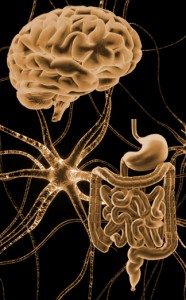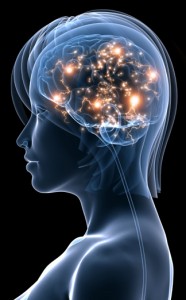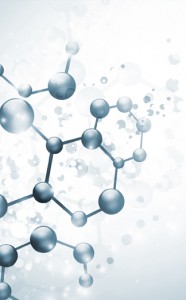The Brain and Gut

Understanding the Complex Bidirectional Interactions between the Digestive System and the Brain The brain and the digestive system closely influence each other. While stress and anxiety can be associated with aberrant signals from the brain upsetting our stomach (“butterflies”), subliminal signals from the gut influence our intuitive decision making (“gut feelings”). Chemicals released from the gut after a meal produce a feeling of wellness and turn off hunger, while the role of the trillions of “good” bacteria in our intestine may play a role in setting our background emotions and pain sensitivity.
Wellness and Healing

Identifying the Biological Underpinnings of Wellness and Mind-Based Approaches to Healing Studies of mind-body therapies like meditation, yoga, hypnosis and cognitive behavioral interventions use state-of-the-art brain imaging technology to pinpoint how these practices can improve health and who will benefit most from their use.
Women’s Health

Characterize Sex-Related Differences in Disease Mechanisms with Relevance to Women's Health Women are more susceptible to a wide range of stress-sensitive disorders, including chronic pain, disorders of mood and affect, and metabolic syndrome. Yet, little is known about the underlying biological mechanisms.
New Pain Therapies

Developing and Evaluating New Therapies for Persistent Pain Disorders Chronic pain is the most common and costly health problem we face. Yet, no significant breakthroughs in novel pharmacological approaches have been made during the past 20 years, and patients are often unsatisfied with medical treatments.
The Brain and Obesity

Determining Brain Mechanisms Related to Food Intake and Obesity In health, the brain and the digestive system closely interact in regulating food intake, establishing a balance optimal for health. However, in obesity and in eating disorders, this complicated balance is altered, resulting in either too much or too little nutrient ingestion. Chronic stress often plays a role in this impairment.

